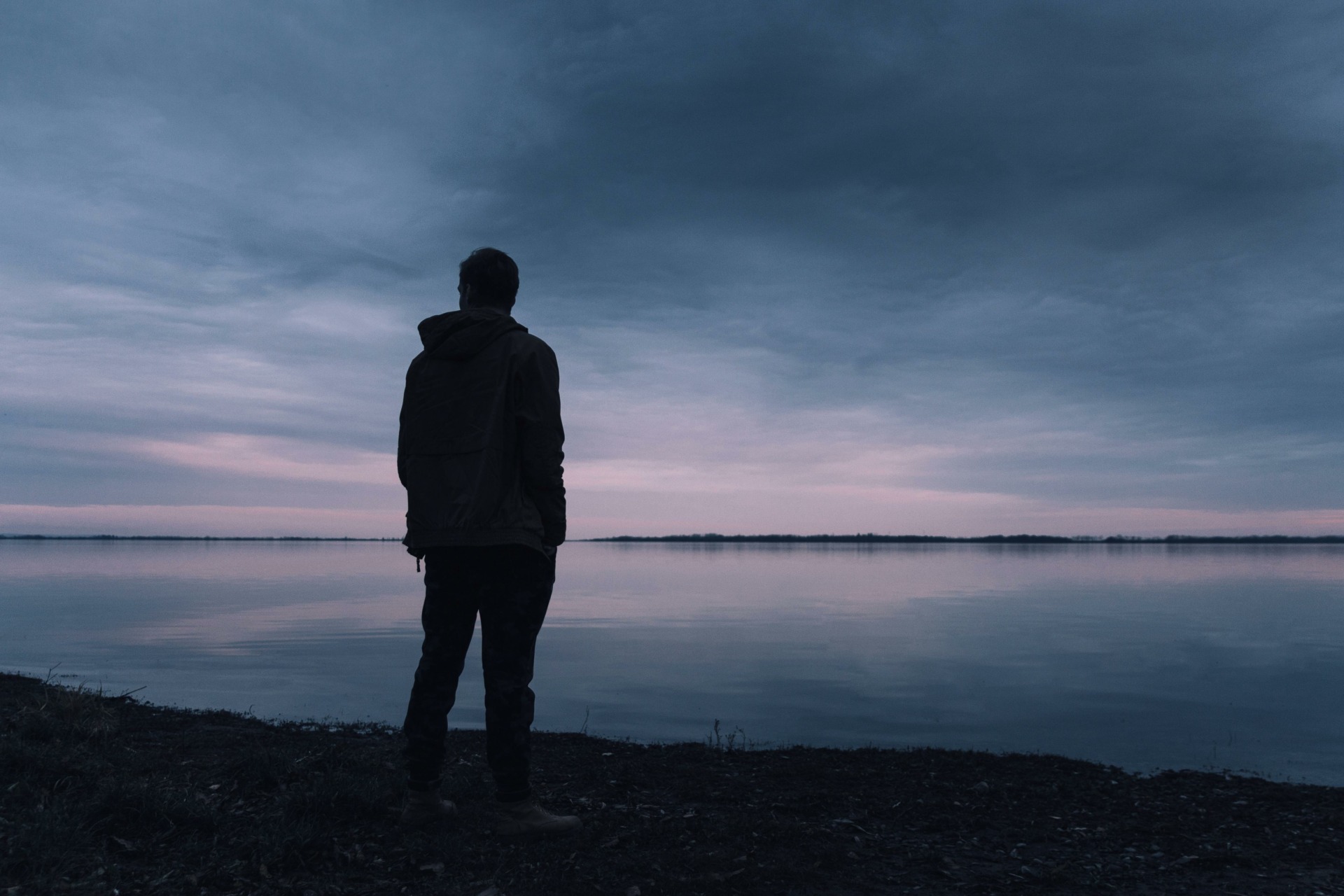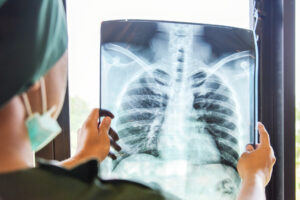This past Veteran’s Day, New York Governor Andrew Cuomo allowed people in his state suffering from post-traumatic stress disorder (PTSD) access to legal medical marijuana. Anecdotally, people with PTSD say that medicinal cannabis helps ease insomnia, anxiety and other issues associated with the disorder—without the unwanted side effects that many pharmaceutical medications have.
We’ve gathered three of our top questions from our Answers platform about how marijuana can help with symptoms of PTSD. Answers were submitted by knowledgeable members of our community including doctors and cannabis-business owners. We hope this discussion clarifies how medical marijuana could help you or someone you know who suffers from PTSD.
FOLLOW US ON FACEBOOK & INSTAGRAM
Q: Does marijuana ever make PTSD worse?
What has been your experience with vets in general? If it helps someone with PTSD, why?
Answer: @andrewvanmd Veterans and others dealing with PTSD often experience panic attacks, nightmares, pain, insomnia, anxiety and other debilitating issues. Most of the medications that are prescribed for these conditions can have serious side effects. Cannabis is very safe and there is no harm in giving it a trial. It should be used with care, and patients should start with small doses and observe closely for effects. CBD is a good option if anxiety is a concern.
Q: My husband just returned from serving overseas and is very anxious. The doctors are treating him for PTSD.
He doesn’t like the drugs they’re prescribing; the side effects are horrible! Some of his friends are using marijuana and having great results. Do you recommend this? Should he smoke it? What strains are best for PTSD? I’ll do whatever I need to do to help him feel better and to get my “old” husband back.
Answer: @dredmunds I’ve treated several patients suffering from PTSD that found cannabis to be helpful for their condition. As you state that he is very anxious due to his condition, I would recommend indica strains. Indicas tends to be sedating and relaxing and is also helpful for sleep. If your husband has depression as a component of his PTSD, an indica-dominant hybrid containing some sativa may be helpful.
I discourage smoking cannabis, as the products of combustion (carbon monoxide, tar, carcinogens) contain compounds that may be harmful to one’s health. Vaporizing is a great shorter-acting alternative to smoking as are oral tinctures. Edibles are much longer acting and are therefore helpful for patients also suffering from insomnia.
Q: As a Women with PTSD; I have been having an awful time.
I started with a high CBD product that worked great but for only three weeks, now I have severe depression. Then I tried to increase THC, but nothing happened. I tried tapering off my meds (the usual stuff for PTSD and depression) but I had such bad time, I ended up back on meds. Because I am on supplemental security income and state insurance, I am unable to find therapy to work on this horrific bout of PTSD and depression.
In making this long story even longer—do you have any suggestions? I am so novice on the whole concept. I like the CBD for getting out of my head, but need something that’s energizing too. I haven’t been out to socialize in months, so I’d like to find something that will help with that and also help keep my thoughts quite at night.
Answer: @jessicapeters, President of Moxie Meds I’m so sorry to hear about your experiences with PTSD—and of course the lack of appropriate resources to address it. As a fellow non-veteran woman with PTSD, I’ve also found I had easier access to pharmaceuticals than to therapy and I understand your frustrations. It’s also difficult to find a medication only temporarily successful. While it’s unclear to me what ratio of high CBD medication you tried first, and what the small increase of THC equated to in terms of ratio, I suggest trying something in the range of 4:1 to 1:1. Unless of course you have a very low tolerance to THC, in which case you might want to stick to 4:1 or above and stay at a low dose initially. We find that it’s very worthwhile to try a couple different CBD-rich medications with a bit of range on the ratios so that you can assess what may work best for you. This can be costly so it’s worthwhile to take advantage of sampling events, sales, free gifts and donations where you can.
You bring up a very good point about how many patients have to troubleshoot before they find what ratio, dose, and delivery system works best for them. It’s also important to consider that your dosing needs can potentially change over time as you develop a tolerance or as your body and wellness experiences change. I encourage patients not to give up and to work with advocacy organizations to request medications providers, dispensaries, and delivery services to offer more free samples so this process doesn’t become financially taxing for those who are on a fixed income.
We also find a lot of benefit to taking notes of your experiences with various cannabis medications so that you can better suss out which options may be most effective for you in the long run. This “note taking” may also include your experiences with pharmaceutical medications as well as diet, exercise and other natural medicine modalities—it’s all about allowing you, and any caregivers or health practitioners you engage with, a full picture of your experience with wellness and health.
If you’re new to cannabis and want to learn more, take a look at our Cannabis 101 post. HelloMD can help you get your medical marijuana recommendation; it’s easy, private and 100% online.






